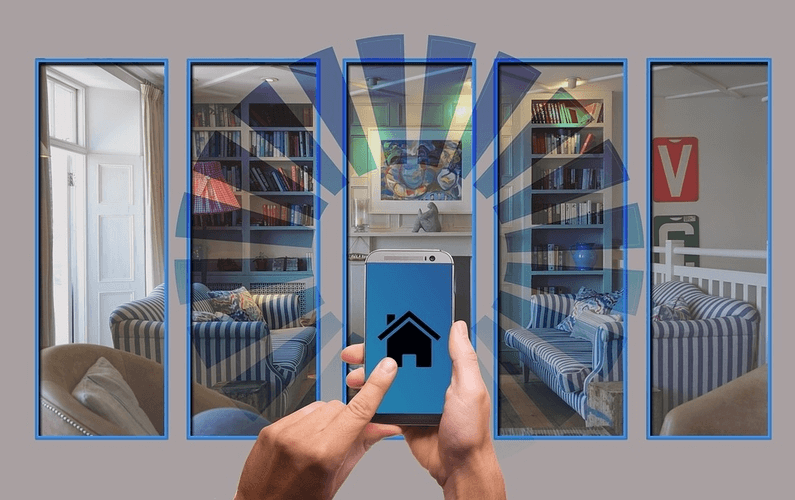These past two decades have without a shadow of a doubt been the apex of technological development in our times. We live in an age where the Internet of Things impacts every little thing and have borne witness to its development of it from an ethernet cable-powered medium of communication with limited availability and reach. Today, instead of having to go through a thousand-page directory, you can simply Google what the Optimum billing number is, or even pay your bills online!
In such a scenario, there remains no suspicion regarding how much of a blessing the Internet and its trickledown effect have been for us. One of its outcomes has been that automation. This has been a phenomenon that has been seen everywhere. From the smartphone to the smart home, everything is automated today.
What Is Smart Home Automation?
Any collection of devices, systems, or appliances that are linked through one network but can function independently and from a distance is called smart house technology. A simpler term to refer to your home’s technology when it functions as one “hive mind” entity is that it is a “connected home.”
Picture this: your home’s lights, thermostat, audio speakers, security cameras, electrical appliances, TVs, locks, and other devices are all integrated and interconnected with a single system that you can manage using your smartphone or through any other smart touch screen device. Setting up a smart home allows you to access high-tech luxury and functionality that weren’t previously an option for most. There will be increased potential for home automation to improve living standards in the world as technological development increases.
Are There Any Ecological Benefits of Home Automation?
Contrary to popular belief and understanding, home automation can really prove environmentally beneficial! Here are a few reasons why.
More Efficient Electrical Consumption
Our ecosystem is greatly impacted by electricity. Smart technology requires much less energy to operate. LEDs are one example of a device that uses very little energy and generates very little trash. The same is true for smart outlets and a number of other gadgets.
Setting timers, scheduling, and remote controls are other significant energy-saving features offered by smart devices. Devices can now be programmed to turn off at specific times or instructed via vocal command, eliminating the need to leave them on when not in use. Many gadgets also have automatic shutdown features when no use is noted. Additionally, this results in significant electricity savings.
More Durable Appliances Reduce Physical Waste
The long service life of smart gadgets is one of their greatest advantages. You probably won’t need replacements for your devices shortly after making an investment in them. When it comes to smart lights, this is particularly obvious.
Bulb replacement is not only a bother, but it is also wasteful and environmentally toxic. Although bulbs can be recycled, they are frequently thrown out with other trash, where they wind up in landfills. Long-lasting and frequently constructed of recycled materials, smart bulbs. Additionally, they use a lot less energy than regular lights do, which reduces waste even more and lowers your energy costs.
Conserving Water
People can now use a number of useful devices to control and regulate their water consumption and how much water is wasted in their homes. You could spend money on a clever showerhead to lessen the amount of water you waste while taking a shower. You can find out how much water you used and whether it could be decreased thanks to this smart home technology.
Gardening is another frequent activity where people waste water. Many people follow a strict watering schedule, which is great for your bushes but may not be necessary for your plants. By automating irrigation based on weather conditions, a smart irrigation device can help you save water. Additionally, you can establish timers and schedules to make sure that plants have not been overwatered.
Minimizes Wastage Caused by Heating and Cooling
The environment suffers as a result of households frequently consuming large amounts of energy to heat and cool their houses.
The majority of us have subpar cooling and heating systems, which frequently cause our homes to be excessively hot or chilly. We can control temperatures and prevent energy waste with the help of smart house technology.
Smart thermostats and other devices like them let us know how much energy is being used to control. The temperature in our homes and give us more precise control over our systems. By knowing when to change the output of our systems, we waste a lot less energy.



